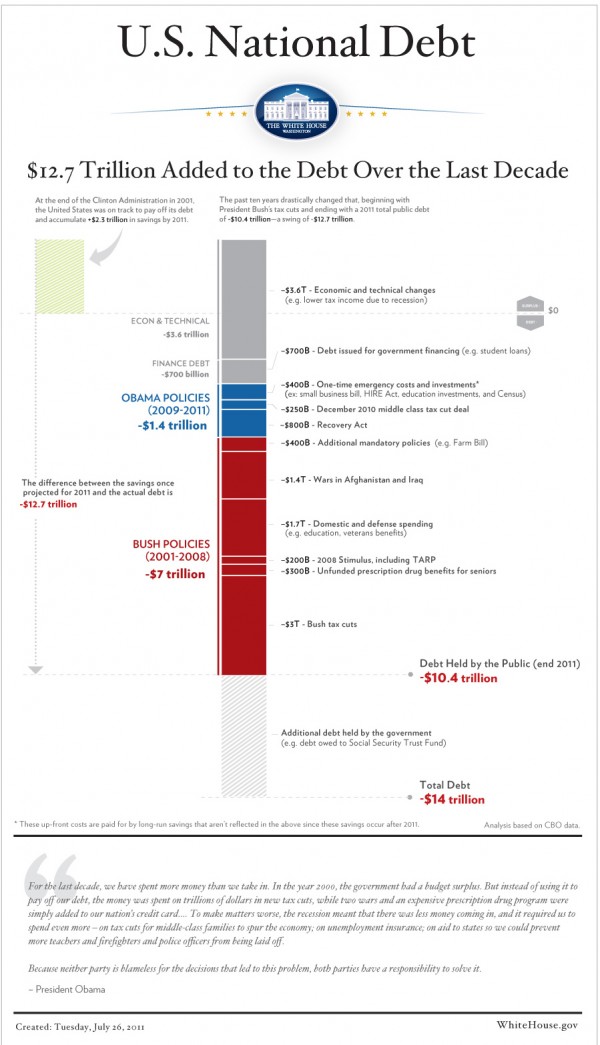HUFFINGTON POST: The new report by the Armed Forces Health Surveillance Center said that 891,903 troops were hospitalized from October 2001 to June 2012. These patients drove the stateside hospital bed occupancy rate up to 4.2 million days, almost four times the normal peacetime rate, a number that reflects the serious nature of the patients’ physical and mental wounds. Among the 891,903 hospitalizations recorded during the wartime period, 153,936 were for physical injuries and 161,385 were for mental health diagnoses. The report also documented 1.7 million ambulatory visits to military health facilities for mental disorders. The mental health injuries “directly reflect the nature, durations and intensities of the combat in Afghanistan and Iraq as well as the psychological stresses associated with prolonged and often repeated combat deployments,” the report said. The report on the war wounded comes as the Pentagon acknowledged Monday that the Afghan war is far from over. MORE
REUTERS: When President Barack Obama cited cost as a reason to bring troops home from Afghanistan, he referred to a $1 trillion price tag for America’s wars. Staggering as it is, that figure grossly underestimates the total cost of wars in Iraq, Afghanistan and Pakistan to the U.S. Treasury and ignores more imposing costs yet to come, according to a study released on Wednesday. The final bill will run at least $3.7 trillion and could reach as high as $4.4 trillion, according to the research project “Costs of War” by Brown University’s Watson Institute for International Studies. (www.costsofwar.org) In the 10 years since U.S. troops went into Afghanistan to root out the al Qaeda leaders behind the September 11, 2001, attacks, spending on the conflicts totaled $2.3 trillion to $2.7 trillion. Those numbers will continue to soar when considering often overlooked costs such as long-term obligations to wounded veterans and projected war spending from 2012 through 2020. The estimates do not include at least $1 trillion more in interest payments coming due and many billions more in expenses that cannot be counted, according to the study. MORE
[CLICK TO ENLARGE]


